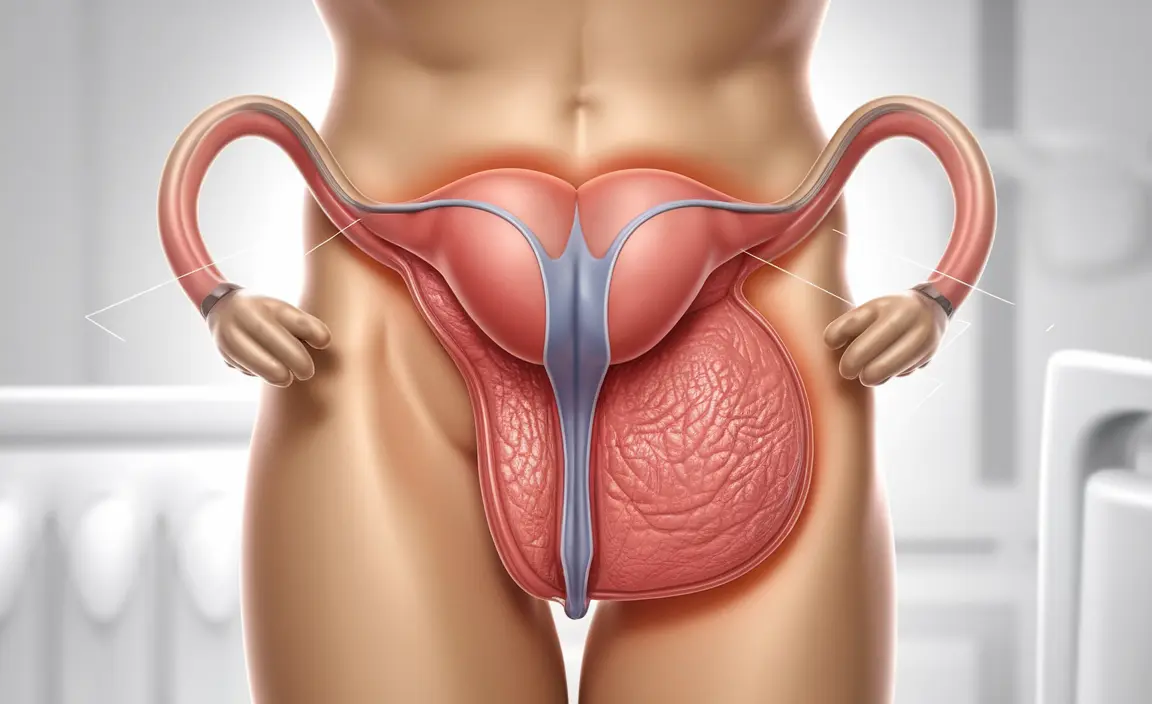Experiencing a swollen vulva can be both uncomfortable and concerning. This condition, which affects the external female genitalia, can arise from various causes ranging from minor irritations to more serious medical conditions. Understanding the potential causes, symptoms, and treatment options is crucial for maintaining intimate health and knowing when to seek medical attention.
In this comprehensive guide, we'll explore the common causes of vulvar swelling, associated symptoms, available treatments, and important warning signs that indicate the need for professional medical care.
Common Causes of Vulvar Swelling
Vulvar swelling can occur due to several different factors, ranging from simple irritation to underlying medical conditions:
Infections
Various types of infections can lead to vulvar swelling, including:
- Yeast infections (candidiasis)
- Bacterial vaginosis
- Sexually transmitted infections
- Urinary tract infections that spread to the vulvar area
Allergic Reactions and Irritants
The vulvar area is sensitive and can react to various substances:
- Scented hygiene products
- Laundry detergents
- Latex condoms
- Feminine hygiene products
- Tight-fitting synthetic clothing
Physical Factors
Several physical conditions can contribute to vulvar swelling:
- Injury or trauma
- Excessive friction during physical activity
- Pregnancy and hormonal changes
- Poor circulation or lymphatic issues
Identifying Symptoms and Associated Conditions
When experiencing vulvar swelling, it's important to note any accompanying symptoms:
- Itching or burning sensation
- Redness or discoloration
- Pain or tenderness
- Changes in vaginal discharge
- Difficulty urinating
- Discomfort during physical activity
Treatment Approaches
Home Care Methods
For mild cases of vulvar swelling, several home remedies may provide relief:
- Cool compresses
- Sitz baths
- Wearing loose, breathable cotton underwear
- Avoiding potential irritants
- Over-the-counter anti-itch creams (when appropriate)
Medical Treatments
Professional medical treatments may include:
- Antifungal medications for yeast infections
- Antibiotics for bacterial infections
- Antihistamines for allergic reactions
- Topical steroids for inflammation
- Specialized treatments for specific underlying conditions
Prevention Strategies
Taking preventive measures can help reduce the risk of vulvar swelling:
- Practice good hygiene
- Choose gentle, unscented personal care products
- Wear breathable, cotton underwear
- Stay hydrated and maintain a healthy diet
- Avoid irritating substances and materials
When to Seek Medical Care
Certain symptoms warrant immediate medical attention:
- Severe pain or swelling
- Fever or flu-like symptoms
- Unusual discharge or bleeding
- Symptoms that persist more than a few days
- Signs of infection or spreading inflammation
Frequently Asked Questions
What are the most common causes of a swollen vulva and how can I identify them?
The most common causes include infections (such as yeast infections or bacterial vaginosis), allergic reactions to products, physical trauma, and hormonal changes. Each cause typically has distinct accompanying symptoms - infections often present with discharge and itching, allergic reactions with immediate swelling and irritation, and physical trauma with localized pain and bruising.
How is a swollen vulva treated depending on the underlying cause?
Treatment varies based on the cause. Infections typically require antifungal or antibiotic medications, allergic reactions may need antihistamines or removal of irritants, and physical trauma often responds to cold compresses and rest. Your healthcare provider will determine the appropriate treatment after identifying the specific cause.
What symptoms usually accompany a swollen vulva that suggest it might be an infection?
Signs of infection typically include unusual discharge, itching, burning sensation during urination, redness, and sometimes fever. The discharge may have an unusual color or odor, and the swelling might be accompanied by general discomfort in the pelvic area.
Can allergies or irritants like soaps and clothing cause vulvar swelling?
Yes, the vulvar area is highly sensitive and can react to various irritants. Common triggers include scented soaps, detergents, feminine hygiene products, and synthetic fabrics. The reaction usually occurs shortly after exposure and may include swelling, redness, and itching.
When should I see a doctor if my vulva is swollen and painful?
Seek medical attention if you experience severe pain or swelling, if symptoms persist for more than a few days, if you have fever or unusual discharge, or if over-the-counter treatments aren't providing relief. Also, consult a healthcare provider if you're unsure about the cause or if symptoms are recurring.




